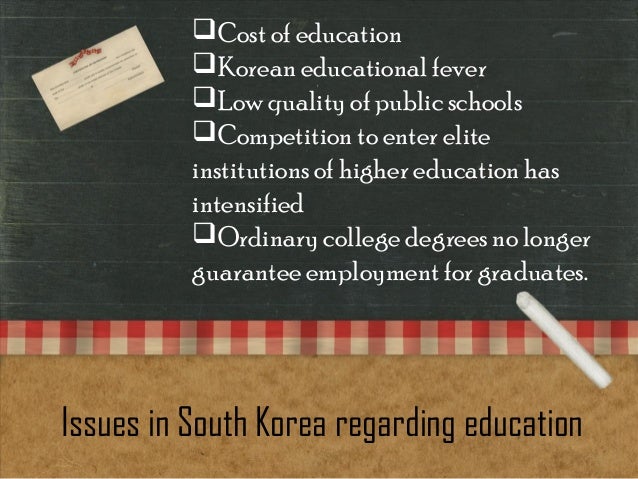In the Catholic Peace Weekly, one of the journalists writes about crying and its place in life.
He begins by mentioning how he is easily brought to tears and that was always the case. As a child he was scolded for crying: a man shouldn't cry, and unconsciously this feeling of uneasiness remains with him whenever he is moved to tears.
He went to see the movie '1987: When the Day Comes' sat in the back of the theater and was prepared with his handkerchief. Anger, sadness, joy, sympathy all kinds of emotions moved him deeply and the tears came. "Crying puts me in touch with myself, we came into the world with a cry. Crying expresses our innocence, our gratitude for life and our desire to share and to sympathize."
President Moon saw the movie with the actors and cried and was written up in the daily press. One of the daily papers referred to the crying and wrote that he cried again: after seeing the film A Taxi Driver a few months earlier, the president giving some political comments cried.
In the article on the president watching "1987", the journalist mentions that during this movie he cried again which our writer found hard to swallow. He read the article over slowly and calmly a number of times. It was like a fish bone caught in his throat. "The president shouldn't cry so often. Or is it that he shouldn't show his weakness to the people?"
"1987" is a movie dealing with the torture and death of a university student Park Jong-chul who was actively fighting for democracy against Chun Doo-hwan the military dictator. This started the June movement for Democracy of 1987.
The other Movie A Taxi Driver is the story of a foreign correspondent who covered the story of the uprising in Gwangju, Korea. A Korean taxi driver was the hero of the film. He takes the German foreign correspondent to Gwangju and the uprising became world news: also called the 'May 18 Democratic Uprising'. Estimates suggest that over 600 people died during the uprising which ending on May 27, 1980.
Both of these movies were popular in Korea. Going back into history and seeing the suffering of those who wanted a better way of life and their suffering moved many. Many incidents have recently brought tears to the eyes of the citizens.The recent hospital fire, the Sewol ferry disaster that killed 304, mostly young people.
President Park Geun-hye who was then president, cried when giving her message to the nation on the tragedy. Some found fault and considered the tears filled with hypocrisy and without authenticity. Tears are not from the head but from the heart.
How can any politician or president wipe the tears of those weeping if their own tear ducts have dried up? The writer ends the article by asking all our politicians to get rid of their crocodile tears and become human and able to cry with those who are hurting and crying. "Rejoice with those who rejoice and be sad with those in sorrow" (Rom 12:15). He asks for the gift of tears and hopes all will be gifted with tears in seeing the suffering of others.


